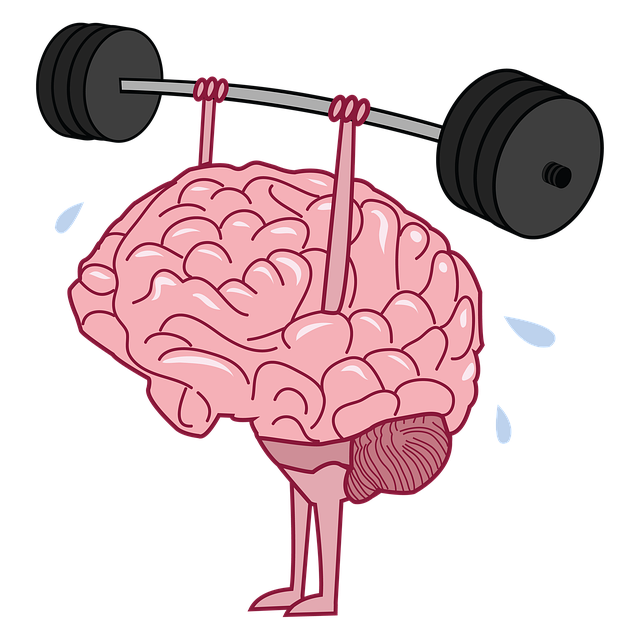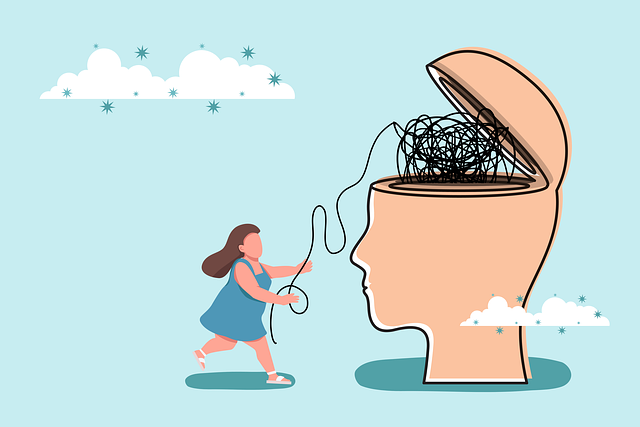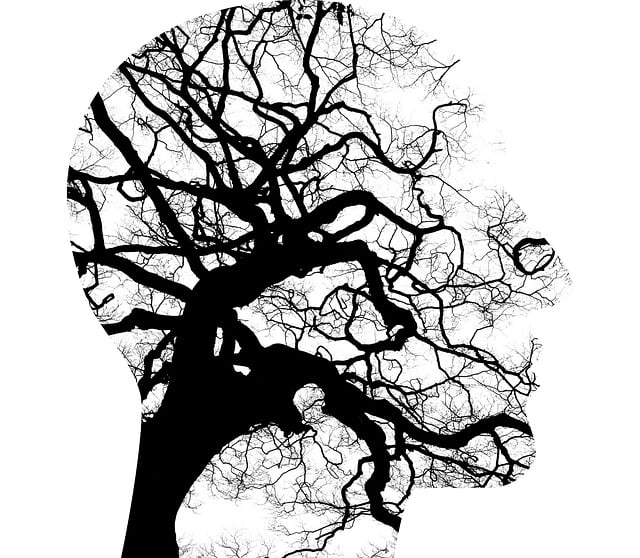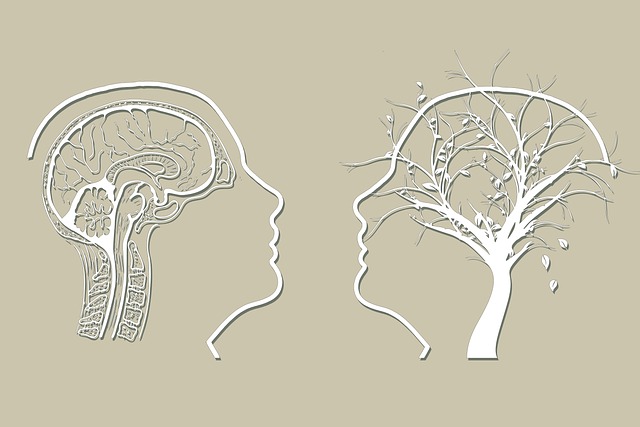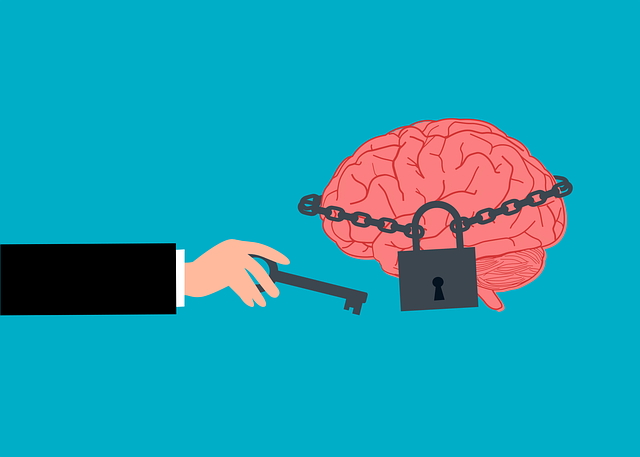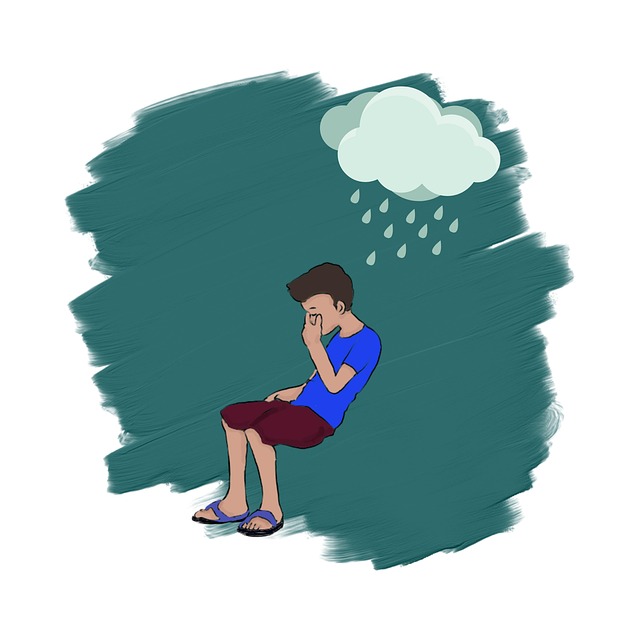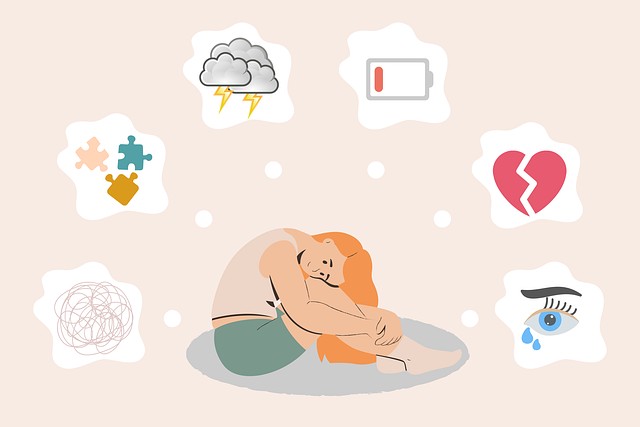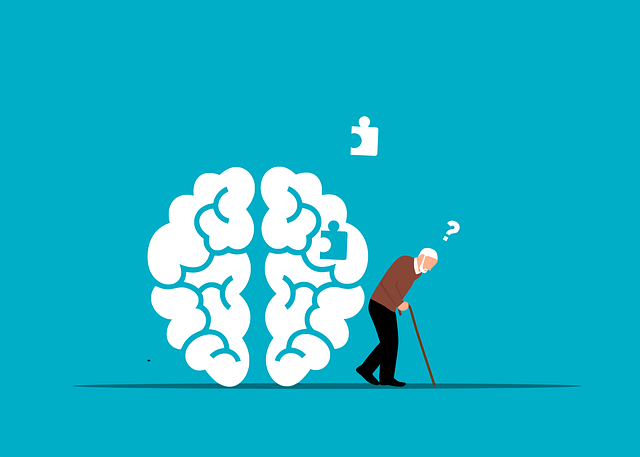Gambling trauma among adults is a growing concern with significant psychological impacts, including anxiety, depression, and PTSD, affecting both individuals and communities. Early identification of addiction signs is crucial, followed by tailored interventions such as counseling, cognitive-behavioral therapy (CBT), and support groups, which offer strategies for anxiety relief and burnout prevention. Specialized therapy sessions, online platforms, and local community centers provide resources for coping mechanisms, stress management, and trauma recovery. CBT and Eye Movement Desensitization and Reprocessing (EMDR) are evidence-based therapies effective in modifying negative thought patterns and processing traumatic memories, promoting positive thinking and emotional intelligence for lasting recovery from gambling addiction.
Trauma resulting from adult gambling addiction is a growing concern, with far-reaching consequences. This article delves into the prevalence, impact, and signs of this hidden epidemic. We explore therapeutic approaches that offer healing and recovery paths, emphasizing the importance of accessible support services.
From identifying indicators to fostering resilience through therapy, we provide insights into comprehensive strategies for addressing gambling-related trauma. Discover resources and understand how professional help can enable long-term well-being for those affected.
- Understanding Adult Gambling Trauma: Prevalence and Impact
- Identifying Signs and Symptoms of Gambling Addiction
- Therapeutic Approaches for Healing and Recovery
- Accessing Support Services: Availability and Resources
- Fostering Resilience and Long-Term Well-being Through Therapy
Understanding Adult Gambling Trauma: Prevalence and Impact

Gambling trauma among adults is a growing concern that requires tailored support and understanding. It’s essential to recognize that excessive gambling can lead to severe psychological distress, often resulting in conditions such as anxiety, depression, and post-traumatic stress disorder (PTSD). The impact of such trauma extends beyond the individual, affecting relationships, work performance, and overall mental health awareness within communities.
The prevalence of adult gambling trauma is significant, with numerous individuals struggling silently due to the stigma associated with addiction. Effective therapy for adults gambling becomes crucial in addressing these issues. By implementing tailored interventions, including counseling, cognitive-behavioral therapy, and support groups, healthcare providers can offer much-needed anxiety relief and burnout prevention strategies. Mental health awareness campaigns play a vital role in encouraging those affected to seek help without fear of judgment.
Identifying Signs and Symptoms of Gambling Addiction

Identifying signs and symptoms of gambling addiction is a crucial step in providing effective support to those affected. This often subtle yet powerful addiction can manifest through various behavioral changes. Individuals struggling with gambling may exhibit increased secrecy, changes in mood and energy levels, as well as a preoccupation with winning and recovering losses. They might also display impulsive decision-making, loss of interest in other activities, and problems at work or school due to excessive gambling.
Therapy for adults gambling should focus on addressing these underlying issues. Emotional intelligence plays a significant role in understanding the individual’s relationship with money and risk. Mental health professionals can assist clients in developing healthier coping mechanisms and mood management strategies. Additionally, incorporating risk management planning into therapy enables individuals to set personal boundaries, anticipate triggers, and implement effective strategies to avoid relapse, ultimately fostering long-term recovery.
Therapeutic Approaches for Healing and Recovery

In the realm of trauma support services, various therapeutic approaches have emerged to facilitate healing and recovery for individuals struggling with conditions like adults gambling addiction. One prominent method is Cognitive Behavioral Therapy (CBT), which focuses on identifying and modifying negative thought patterns and behaviors. By promoting positive thinking and emotional intelligence, CBT equips individuals with valuable coping strategies to manage trauma-related symptoms, including anxiety relief, that often accompany gambling addiction.
Another effective approach is Eye Movement Desensitization and Reprocessing (EMDR). This therapy helps clients process traumatic memories by stimulating bilateral brain activity through eye movements or other bilateral sensory inputs. EMDR facilitates a reduction in the intensity of distressing emotions associated with past traumas, allowing for deeper healing and improved overall well-being. Both CBT and EMDR are evidence-based treatments that have shown remarkable results in supporting adults struggling with gambling addictions to overcome their trauma and foster lasting recovery.
Accessing Support Services: Availability and Resources

Accessing support services for trauma is a crucial step towards healing and recovery, especially for those struggling with issues like adult gambling addiction. In many regions, various resources are available to cater to diverse needs. These include therapy sessions tailored for individuals dealing with gambling-related traumas, offering specialized care that addresses the unique challenges they face. Various organizations provide these services, ensuring accessibility through online platforms or local community centers.
The availability of support doesn’t stop at therapy for adults with gambling issues. Burnout prevention programs and stress management workshops are also commonly found, promoting positive thinking and overall well-being. These additional resources empower individuals to develop coping mechanisms, enhance resilience, and maintain a healthy mind—an essential aspect of trauma recovery and preventing further psychological distress.
Fostering Resilience and Long-Term Well-being Through Therapy

Trauma support services often incorporate therapy as a core component to foster resilience and promote long-term mental wellness in individuals who have experienced gambling addiction or other traumatic events. Through structured therapeutic interventions, adults can learn effective coping strategies to manage their symptoms and process past traumas. This process is crucial for building emotional stability and preventing future relapses.
Therapy provides a safe and supportive environment where individuals can explore their thoughts, emotions, and behaviors related to gambling addiction. Mental wellness professionals assess individual needs through comprehensive risk assessments, tailoring treatment plans to address specific challenges. By integrating evidence-based practices, such as cognitive-behavioral therapy (CBT), therapists help clients challenge negative thought patterns, develop healthier behaviors, and enhance overall mental resilience. Additionally, engaging in regular therapy sessions can contribute to a sense of empowerment, enabling individuals to navigate life’s challenges with greater ease and confidence.
In conclusion, understanding and addressing adult gambling trauma is essential for fostering resilience and long-term well-being. By identifying signs and symptoms early on, accessing available support services, and utilizing therapeutic approaches tailored to healing, individuals can embark on a path towards recovery. Specifically, therapy for adults with gambling addiction plays a crucial role in navigating the challenges and enhancing their overall quality of life. Remember that resources are abundant, and seeking help is a courageous step towards reclaiming one’s soul from the labyrinthine remnants of gambling trauma.


